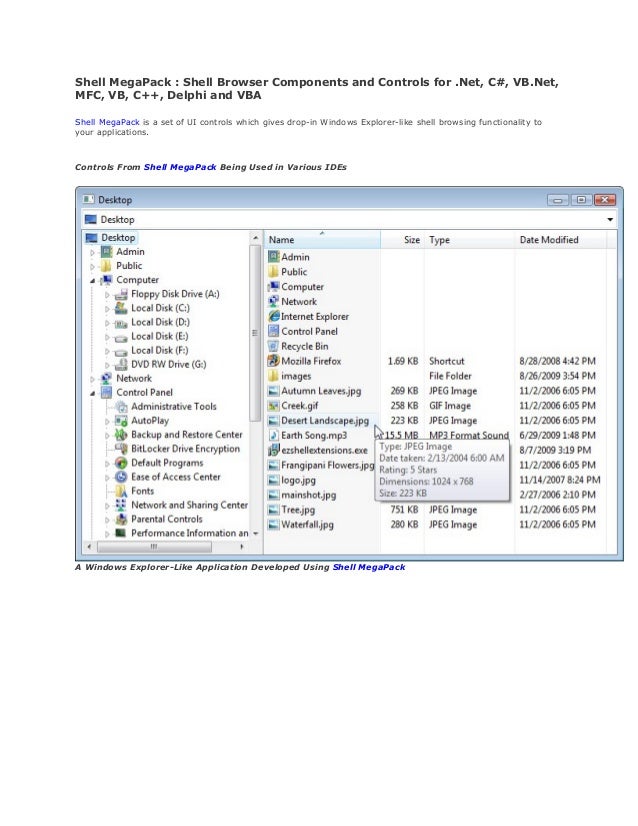Latest Version:
DEV-C++ 5.11 LATEST
Requirements:
Windows XP / Vista / Windows 7 / Windows 8 / Windows 10
Author / Product:
Bloodshed Software / DEV-C++
Old Versions:
Filename:
Dev-Cpp 5.11 TDM-GCC 4.9.2 Setup.exe
MD5 Checksum:
581d2ec5eff634a610705d01ec6da553
Details:
DEV-C++ 2020 full offline installer setup for PC 32bit/64bit

- Orwell Dev-C is a full-featured Integrated Development Environment (IDE) for the C/C programming language. It uses Mingw port of GCC (GNU Compiler Collection) as its compiler.
- Apr 28, 2015 The executables compiled by Dev-C will need MSVCRT.DLL (comes with Windows 95 OSR 2 or higher) DOWNLOAD DEV-C 5.11 for Windows. DOWNLOAD NOW. DEV-C 5.11 add to watchlist send us an update.
Command ls -l /dev/null will give you details of this file: crw-rw-rw. 1 root root 1, 3 Mar 20 18:37 /dev/null Did you observe crw? Which means it is a pseudo-device file which is of character-special-file type that provides serial access. /dev/null accepts and discards all input; produces no output (always returns an end-of-file indication on.
DEV-C++ is a fully-featured integrated development environment (IDE) for creating, debugging and creating applications written in a popular C++ programming language. Even though tools for the development of C++ software have undergone countless upgrades over the years, a large number of developers located all around the world have expressed a wish to continue using DEV-C++. This IDE platform has proven itself as highly reliable and intuitive, giving developers access to all of their necessary tools, in-depth debugging, and most importantly, a stable error-free environment for the development of apps of all sizes – from small school tasks to large business projects intended for both internal and public use.The app is an open-source IDE environment, offering software solutions and the necessary tools for C++ app development. However, be aware that its toolset is focused more on novices and basic programming, and that open source community has not updated its toolset for a considerable time. Still, what is present in its latest version represents a highly-capable C++ IDE that could be used for years without encountering any issue.
If you are a novice, are a student who wants to create C++ project in a stable and easy to use software environment, or even if you are a seasoned programmer who wants to access C++ programming inside small IDE that will not strain your computer resources, DEV-C++ represents a perfect choice. It has all the required tools and feature sets for creating small to mid-sized apps.
It runs on all modern versions of Windows and can be used without any restrictions for free. It was originally developed as an open-source fork of the Bloodshed Dev-C++ IDE.
Installation and Use
Even though DEV-C++ is filled with advanced compiler, debugger and a wide array of dev tools, it’s installation package is quite small (only around 50 MB) and therefore can be easily installed on any modern Windows PC or laptop. Just follow the onscreen instructions, and in mere seconds DEV C plus plus will be ready for running. Other more developed modern IDE environments, on the other hand, require much more storage space, and their installation can run for minutes.
Once up and running, you will be welcomed in a user-friendly interface that can be additionally customized to better fit your needs. The main window of the app follows the basic structure of many other modern IDE environments, with top row of dropdown menus and buttons that are shortcuts to its many built-in tools, a large vertical three-tabbed area for managing Projects, Classes and Debug listings, and of course, the main project area (with support for tabs) where you can start programming your apps. Both the app and the current project can be customized extensively. App Options window features tabs for Genera, Fonts, Colors, Code Insertion, Class Browsing, and Autosave customizations. Environment Options feature tabs for General, Directories, External Programs, File Associations, and CVS support customization.
Features and Highlights
- Fully-featured IDE for developing C++ apps.
- User-friendly interface with many tools for managing project development.
- Resource-light and unobtrusive feature set.
- Focused on novices and mid-level programmers who want stability and reliability.
- Powerful compiler and debugger.
- Compatible with all the modern versions of Windows OS
This reference explains the C++ programming language as implemented in the Microsoft C++ compiler. The organization is based on The Annotated C++ Reference Manual by Margaret Ellis and Bjarne Stroustrup and on the ANSI/ISO C++ International Standard (ISO/IEC FDIS 14882). Microsoft-specific implementations of C++ language features are included.
For an overview of Modern C++ programming practices, see Welcome Back to C++.
See the following tables to quickly find a keyword or operator:
In This Section
Lexical Conventions
Fundamental lexical elements of a C++ program: tokens, comments, operators, keywords, punctuators, literals. Also, file translation, operator precedence/associativity.
Basic Concepts
Scope, linkage, program startup and termination, storage classes, and types.
Built-in typesThe fundamental types that are built into the C++ compiler and their value ranges.
Standard Conversions
Type conversions between built-in types. Also, arithmetic conversions and conversions among pointer, reference, and pointer-to-member types.
Declarations and definitionsDeclaring and defining variables, types and functions.
Operators, Precedence and Associativity
The operators in C++.
Expressions
Types of expressions, semantics of expressions, reference topics on operators, casting and casting operators, run-time type information.
Lambda Expressions
A programming technique that implicitly defines a function object class and constructs a function object of that class type.
Statements
Expression, null, compound, selection, iteration, jump, and declaration statements.
Classes and structs
Introduction to classes, structures, and unions. Also, member functions, special member functions, data members, bit fields, this pointer, nested classes.
Unions
User-defined types in which all members share the same memory location.
Derived Classes
Single and multiple inheritance, virtual functions, multiple base classes, abstract classes, scope rules. Also, the __super and __interface keywords.
Member-Access Control
Controlling access to class members: public, private, and protected keywords. Friend functions and classes.
Overloading
Overloaded operators, rules for operator overloading.
Exception Handling
C++ exception handling, structured exception handling (SEH), keywords used in writing exception handling statements.
Assertion and User-Supplied Messages#error directive, the static_assert keyword, the assert macro.
Templates
Template specifications, function templates, class templates, typename keyword, templates vs. macros, templates and smart pointers.
Event Handling
Declaring events and event handlers.
Microsoft-Specific Modifiers
Modifiers specific to Microsoft C++. Memory addressing, calling conventions, naked functions, extended storage-class attributes (__declspec), __w64.
Inline Assembler
Using assembly language and C++ in __asm blocks.
Compiler COM Support
A reference to Microsoft-specific classes and global functions used to support COM types.
Microsoft Extensions
Microsoft extensions to C++.

Nonstandard Behavior
Information about nonstandard behavior of the Microsoft C++ compiler.
Welcome Back to C++
An overview of modern C++ programming practices for writing safe, correct and efficient programs.
Related Sections
Component Extensions for Runtime Platforms
Reference material on using the Microsoft C++ compiler to target .NET.
C/C++ Building Reference
Compiler options, linker options, and other build tools.
C/C++ Preprocessor Reference
Reference material on pragmas, preprocessor directives, predefined macros, and the preprocessor.
Visual C++ Libraries
A list of links to the reference start pages for the various Microsoft C++ libraries.